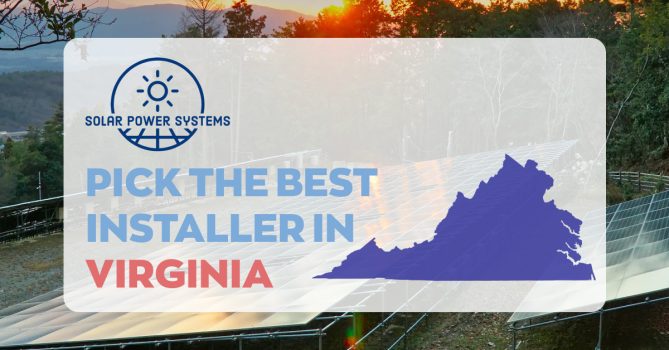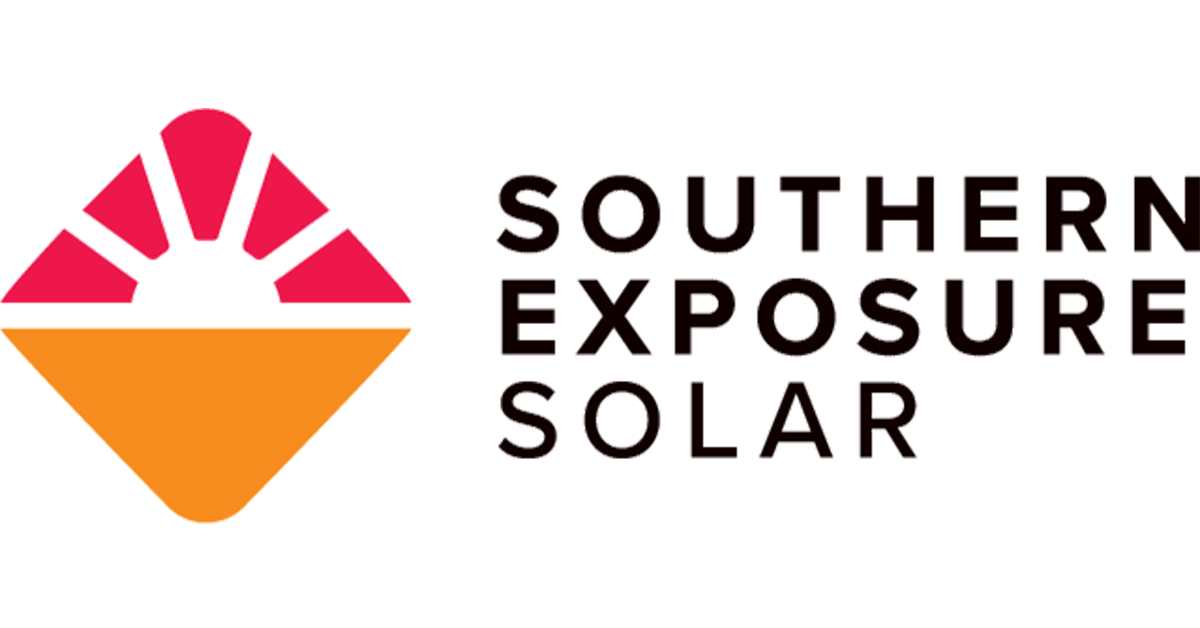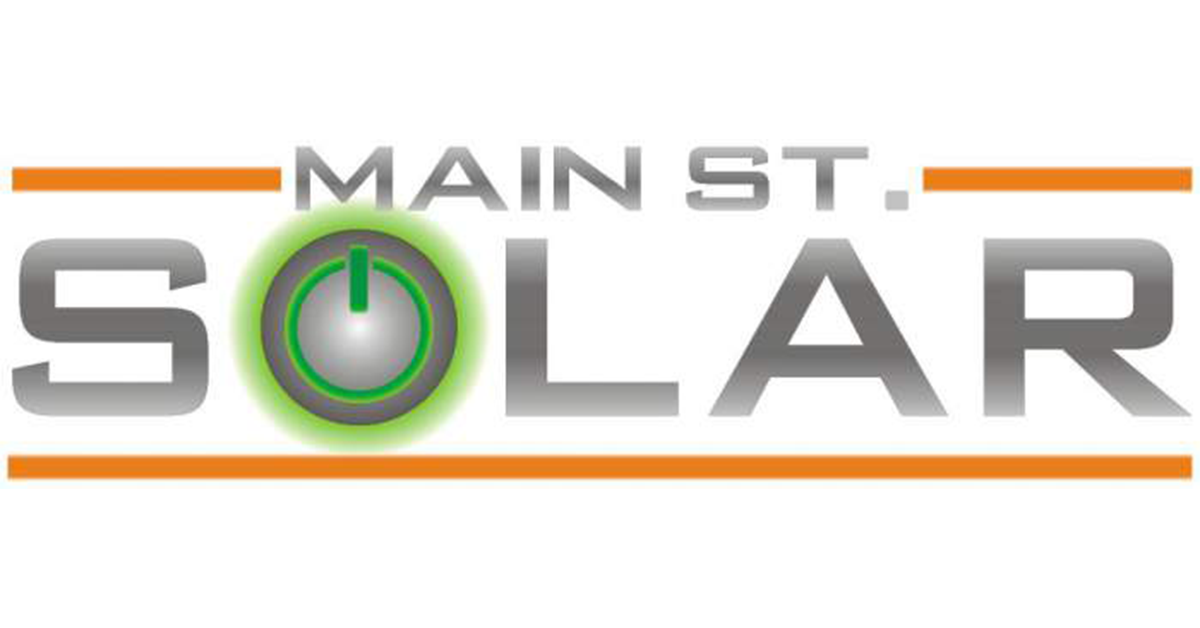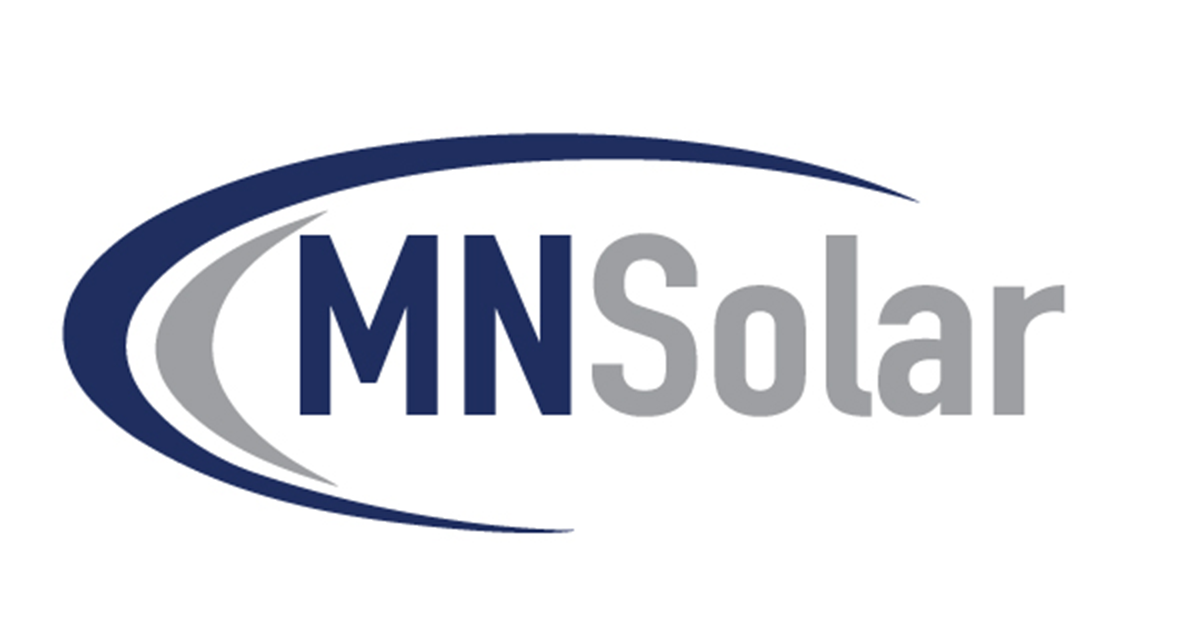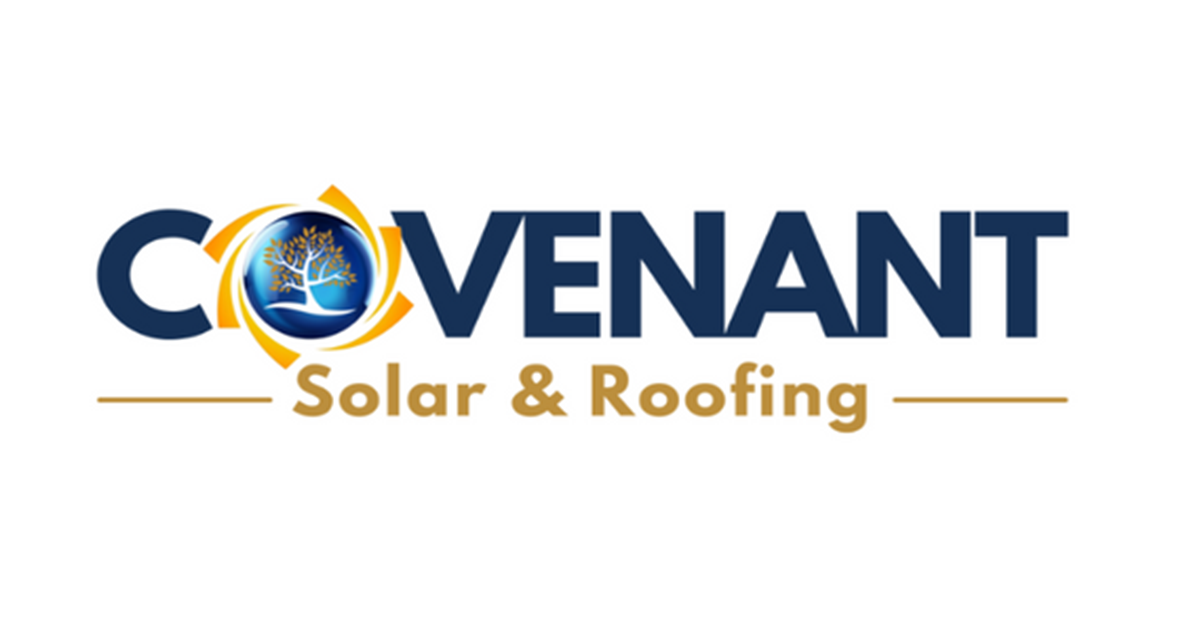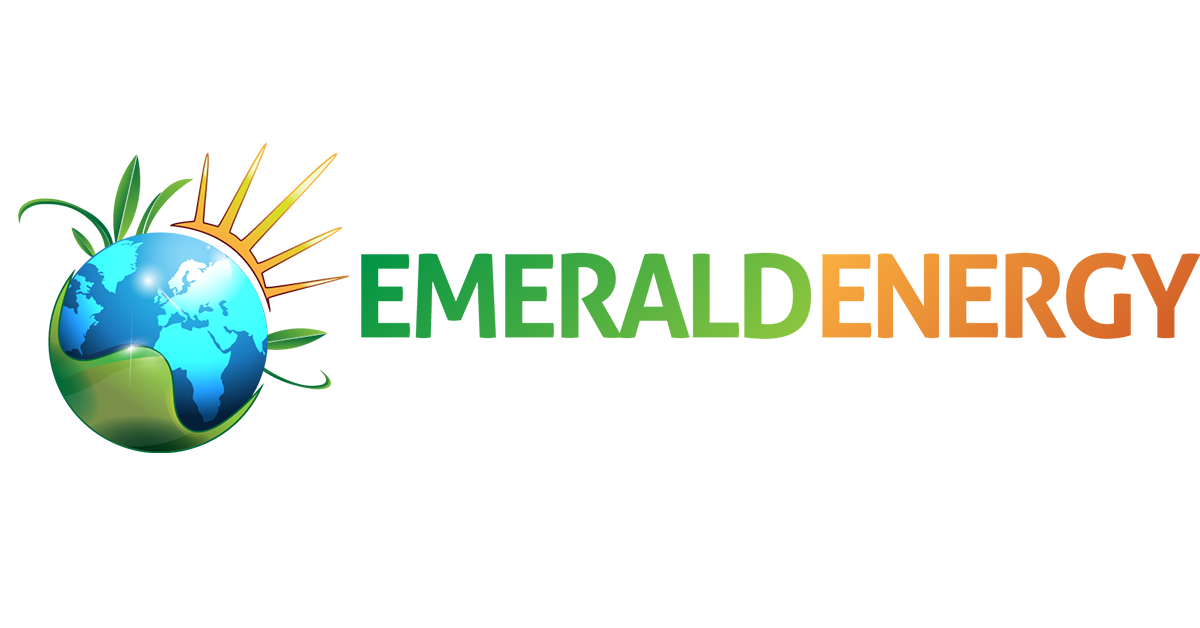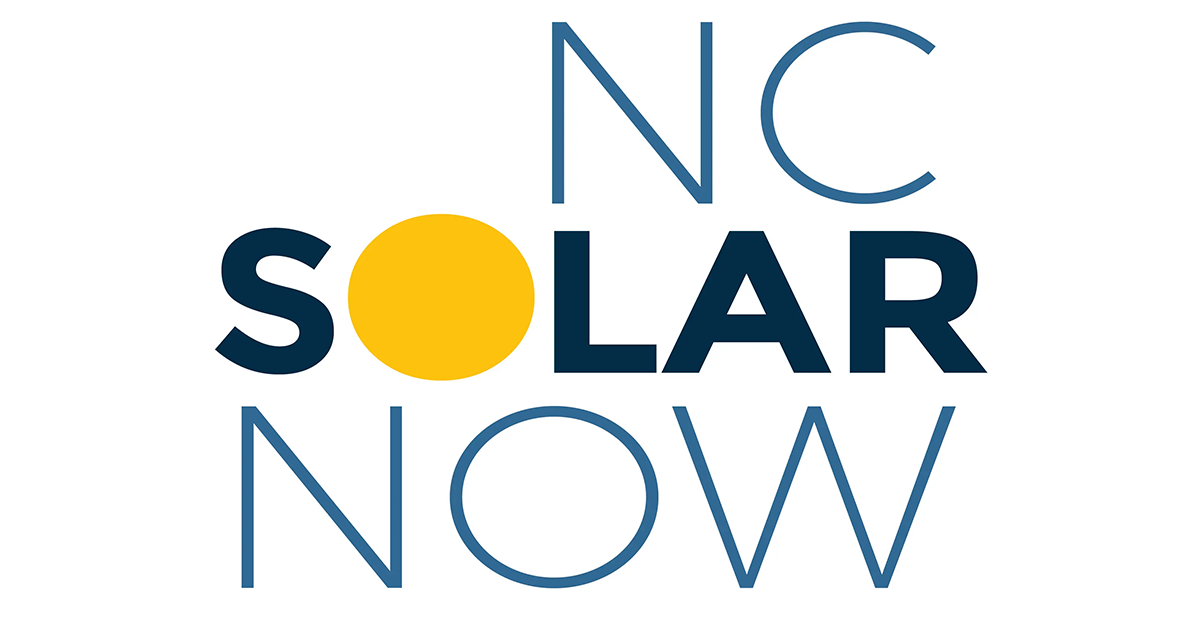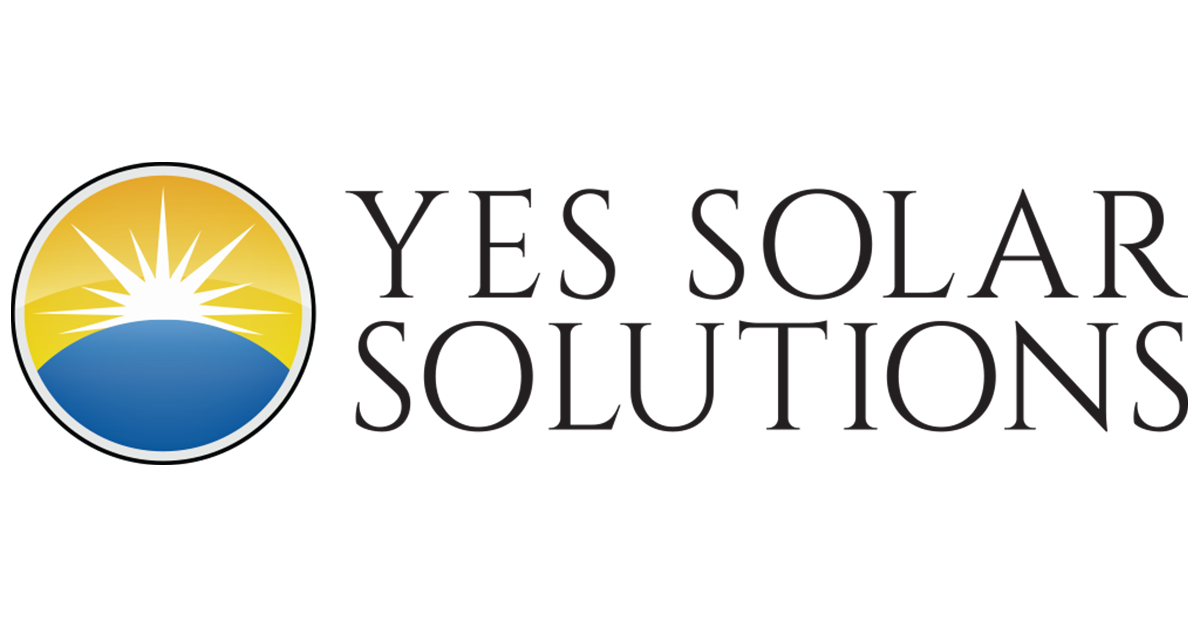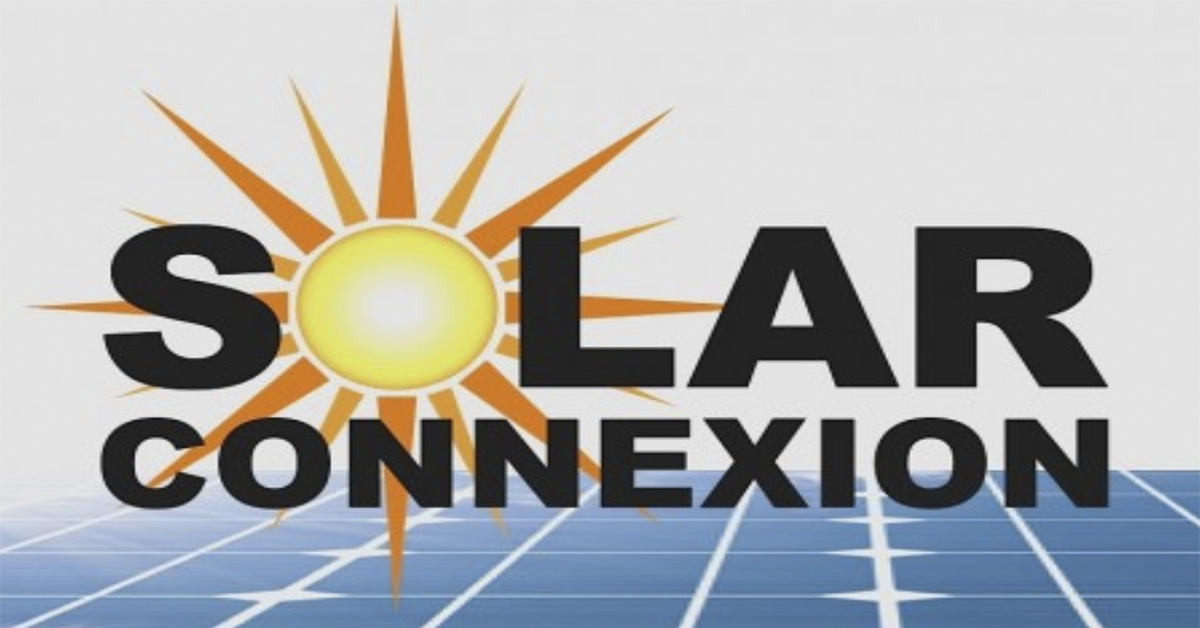Virginia’s solar landscape is booming, with incentives and sunny days making it perfect for solar. In the Old Dominion, you’re spoilt for choice with quality solar installers. Let us help you sift through the options. I’ll guide you through selecting the top-notch solar installer for your needs. We’ll compare the expertise, track records, and customer satisfaction. Dive in to find your ideal Virginia solar partner. We’re here to clear the clutter, showcasing only the best. So, let’s harness Virginia’s generous sun together!
Find the Best Solar Installers in Virginia
We have compiled ratings of local solar installers in Virginia and recommend proven solar panel installation companies you can trust.
Use the search form to find more local solar installers in your area. Enter the Address or Zip Code and choose the distance range from your location.
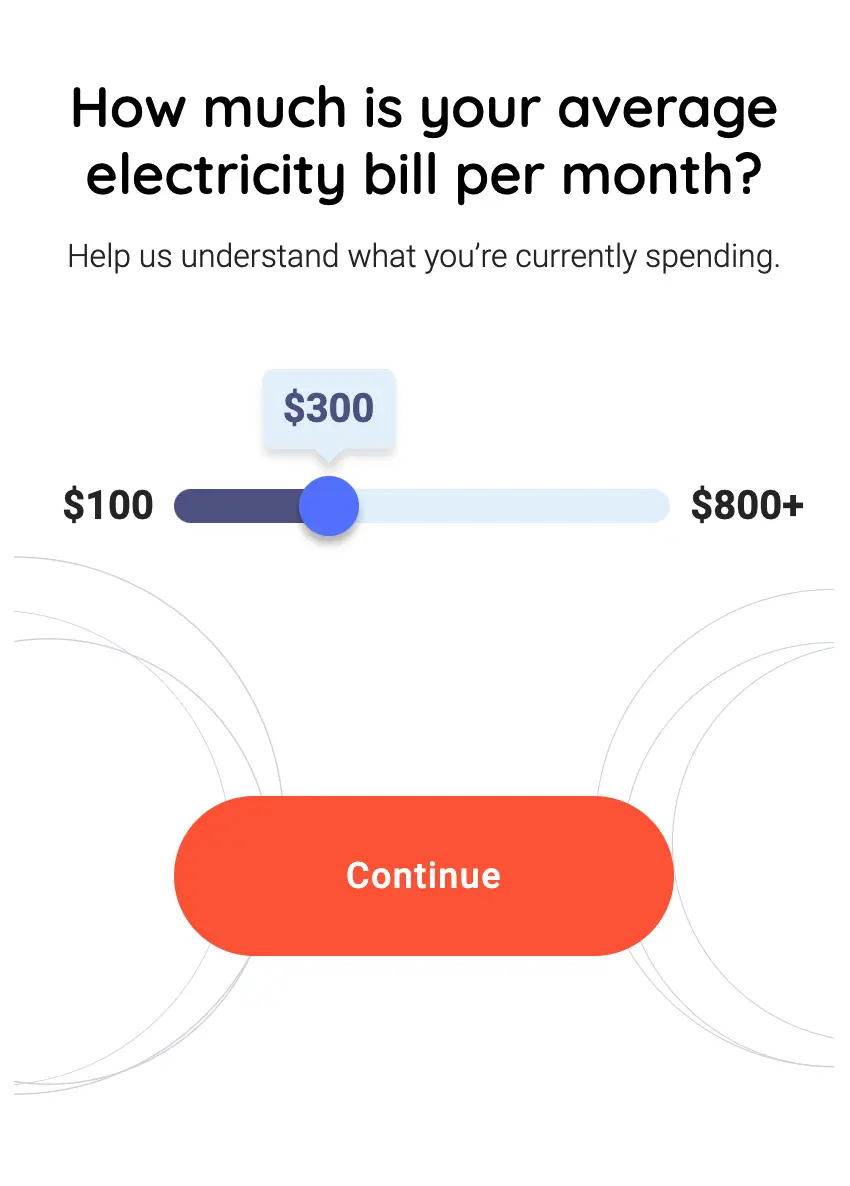
Why Go Solar in Virginia?
Embracing solar power in Virginia offers a slew of advantages that are hard to ignore. On the forefront, transitioning to solar energy can lead to significant cost savings on your electricity bills. With Virginia’s abundant sunshine, harnessing this natural resource means you can power your home more efficiently and reduce your reliance on the grid. Additionally, solar panel owners also benefit from net metering policies in Virginia – this means that any excess energy your solar panels produce can be fed back into the grid, and you’ll receive credit on your utility bills. On top of the immediate financial perks, going solar is a move that benefits the environment. By generating clean, renewable energy, you’re reducing carbon emissions and contributing to a healthier planet. Moreover, Virginia offers various financial incentives, including the Federal Solar Investment Tax Credit (ITC) and potential local property tax exemptions, making solar installations more affordable and attractive for homeowners. Finally, investing in solar power increases property value, as homes with solar installations are often more coveted in the real estate market. Whether you’re looking to cut costs, conserve the environment, or capitalize on state and federal incentives, solar power is a brilliant choice for Virginians looking to make a wise long-term investment.
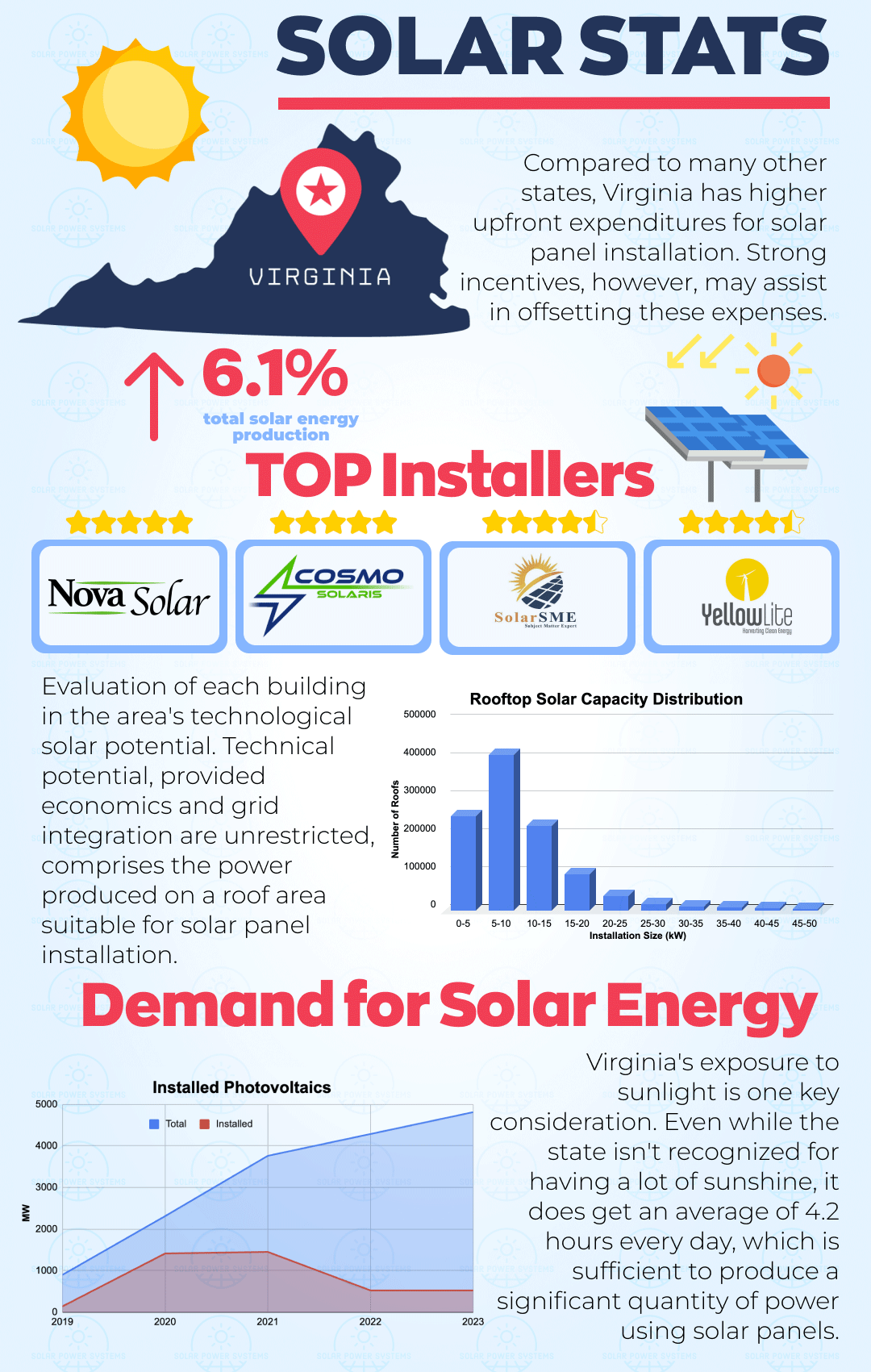
How Solar Can Save You Money in Virginia
In Virginia, the average cost of electricity is around 11.42 cents per kilowatt-hour (kWh), which is slightly below the national average. However, Virginia residents typically consume a hefty amount of power, thanks in part to hot summers and cold winters, which leads to higher-than-average monthly electricity bills.
Let’s break down how solar panels can significantly reduce or even eliminate these costs. When you install solar panels, you’re essentially setting up your own personal power plant on your roof. These panels collect sunlight and convert it into electricity that you can use in your home, which means you’re less reliant on the grid and less affected by fluctuating utility prices.
To give you a tangible example, let’s say your home consumes 1,000 kWh per month, resulting in an average electricity bill of approximately $114. With the right solar panel system, you could produce enough energy to cover your entire electricity needs. Many Virginians are experiencing typical savings within this ballpark after solar panel installation.
What’s more, thanks to Virginia’s net metering policy, if your solar system produces more electricity than you consume, you can send the excess back to the grid in exchange for credits on your bill. Those credits can be used to draw electricity from the grid when your system isn’t producing enough, like at night or during cloudy days, further maximizing your savings.
Keep in mind that while the upfront cost of solar installation might seem steep, various incentives like the Federal Solar Investment Tax Credit (ITC), alongside potential state and local incentives and rebates, can greatly reduce the overall cost. Plus, the long-term energy cost savings and increased property value for homes with solar panels offer a substantial return on investment.
To give you an example of real-world savings, consider the case of the Brown family in Richmond, who installed a 5 kW solar panel system. Initially, they faced a gross cost of around $15,000 for their system. However, after factoring in the federal ITC and local incentives, their net cost dropped to around $10,500. They were able to cut their electric bills by nearly 90%, ultimately recouping their investment within eight years, and they continue to enjoy minimal electricity costs.
These financial benefits are certainly compelling, and they stand beside the broader environmental benefits of solar power as key motivators for Virginia residents to make the switch to solar. With the right system and conditions, the move to solar can be not just an environmentally conscious decision but also a financially savvy one.
Getting Solar Quotes in Virginia
When you’re considering a switch to solar in Virginia, getting a final solar quote is a crucial step. This quote typically encompasses several key cost factors. The hardware costs involve the solar panels themselves, inverters, mounting equipment, and any additional technology like solar batteries if you’re opting for energy storage. High-quality, high-efficiency panels might cost more upfront but can offer better long-term savings.
Installation fees are also part of the equation. These are the labor costs for the actual installation of your system and can vary depending on the complexity of your roof and the experience of your installer. Qualified and reputable installers may charge a premium but can often provide more reliable and efficient installations.
Post-installation services may include system monitoring, maintenance, or repairs. Regular maintenance can help ensure peak performance and longevity of your system, though some companies may offer initial years of service included in their total price.
Warranty terms are also a crucial component of a solar quote and can significantly impact future costs. A comprehensive warranty covering the panels, inverters, and workmanship will protect your investment over time.
Understanding the payback period is vital. This is how long it will take for your energy savings to cover the cost of your solar panel system. It’s influenced by your system’s performance, your local energy rates, and how much energy you use.
Financing options play a big role as well—whether you purchase outright, take a loan, or choose a lease or power purchase agreement can impact your immediate and long-term financials.
Solar performance estimates will be provided by your installer, giving you an idea of how much energy your system will generate. Keep in mind the weather patterns and solar irradiance in your area of Virginia when considering these estimates.
In Virginia, there are state-specific incentives that affect your final quote. The Virginia Clean Economy Act, for example, includes provisions for renewable energy that could influence your solar investment. The Federal Solar Investment Tax Credit (ITC) is also a significant factor, currently offering a 26% tax credit for solar system installations, which will drop to 22% in 2023 and is slated to end in 2024 unless it’s extended.
Make sure you understand these figures and how they play into your financial calculations. A great solar installer will walk you through these nuances, ensuring no surprises down the solar road.
Why Hire a Local Solar Company in Virginia?
Choosing a local solar company to handle your solar panel installation comes with a multitude of benefits, especially tailored to the unique solar landscape in Virginia. These companies have a wealth of knowledge about state-specific solar incentives, making them an invaluable resource for homeowners looking to maximize their savings. For instance, they’re well-versed in navigating the Virginia Solar Renewable Energy Credit (SREC) market, which can significantly offset the cost of your solar array. Plus, their familiarity with local grants and tax exemptions ensures you’re not leaving any money on the table.
When it comes to climate considerations, a local specialist has the upper hand. They understand the typical weather patterns and how they influence solar energy production in Virginia. They’ll take into account factors like seasonal sunlight variations, potential shading from trees, and even the angle of your roof to ensure your solar panels achieve optimal efficiency year-round. This means that your system will be customized not just to your home, but also to Virginia’s unique environmental conditions.
Local professionals are also adept at adhering to Virginia’s specific installation regulations, ensuring your solar system meets all local building codes and regulations. This not only streamlines the permitting process but also guarantees that your installation is up to the standards required to ensure longevity and safety.
Speaking of safety, professional solar installers bring a level of expertise that’s critical when dealing with high-voltage electrical systems. This expertise is an indispensable asset, as it minimizes the risk of accidents during installation and ensures that the system operates safely for years to come. They’ll manage everything from the electrical connections to the physical mounting of panels, meticulously following the best practices and safety protocols specific to the industry.
Moreover, opting for professional installation promises warranty protection that you might forgo if you attempt a DIY installation. These warranties cover both the solar panels and the workmanship, offering peace of mind that your investment is secured. In the long run, this coverage can lead to a better return on investment. By having your system correctly installed and optimized for your particular setting, you’re likely to see a more efficient energy production, translating into greater savings on your energy bills. Plus, a pristine installation record can elevate your home’s value, a boon should you ever decide to sell your property.
Local experts possess the skill and insight to ensure that your solar panels give you the energy yield that aligns with your expectations. They’re there to guide you through every step, from initial consultation to activation, making the transition to solar energy a smooth and rewarding journey.
Solar Incentives in Virginia
As a homeowner in Virginia, embracing solar energy not only contributes to a healthier planet but can also provide considerable financial benefits through various incentives and rebates. The concept of solar incentives and rebates revolves around financial assistance programs and policy frameworks that reduce the cost of installing solar panels. Homeowners can take advantage of programs like Solar Renewable Energy Credits (SRECs), which can turn your solar system’s energy production into income, and property tax exemptions, which prevent your property taxes from rising after solar installation. Additionally, Virginia’s net metering policy allows you to earn credits for excess energy your system produces, effectively lowering your utility bills. On top of state-level incentives, there is the Federal Solar Investment Tax Credit (ITC), which offers a significant deduction on federal taxes for solar system installation. All these incentives are designed to make the switch to solar energy more affordable and appealing for you.
Now, let’s take a look at the table I’ve prepared that neatly highlights key solar incentives available in Virginia, providing practical information on how you can benefit from them.
| Incentive | Savings | Explanation | Type | Occurrence |
|---|---|---|---|---|
| Property Tax Exemption | Varies | Excludes the added value of solar panel installations from property tax assessments. | State | One-time |
| Local Rebate Programs | Varies by locality | Offers additional rebates for solar systems, which may be available through local utilities or governments. | Local | Varies |
| Net Metering Policies | Can offset electricity bills | Allows homeowners to sell back excess energy produced to the grid at retail rates, thus lowering utility bills. | State | Ongoing |
| Federal Solar Investment Tax Credit (ITC) | 26% of system costs for installations that begin before 2023 | A federal income tax credit for a percentage of the cost of a solar photovoltaic (PV) system. | Federal | Decreases annually |
| Solar Renewable Energy Credits (SRECs) | Varies | SRECs can be sold on an open market, providing income for every megawatt-hour of electricity your system produces. | State | Ongoing |
Note: The specifics of these programs, particularly the local utility rebates and net metering policies, can vary. It’s important for residents to check with their local utility providers and stay updated with the current policies and incentives. The Federal Solar Investment Tax Credit is subject to change based on federal energy policies.
Kick-starting your solar journey can be even more rewarding with these incentives in hand. They are not just perks but powerful tools to offset the initial cost, making solar energy a wise and financially astute choice for Virginians. Whether you’re looking to save on taxes, earn from your investment, or slash those utility bills, there’s a helping hand at every turn. Remember, checking the latest updates and consulting with solar experts will help you maximize these benefits as you embark on a brighter and greener path.
How to Choose the Right Solar Installer in Virginia
Choosing the right solar installer in Virginia is a key decision that can significantly impact your solar energy experience. To start off, make sure the installer you’re considering has the necessary licenses and certifications. In Virginia, solar installers should be licensed as a Class A, B, or C contractor, depending on the scale of the job. You’ll also want to look for a North American Board of Certified Energy Practitioners (NABCEP) certification, the gold standard for solar professionals.
Always take the time to read through reviews and customer testimonials. These real-world experiences offer invaluable insights into the quality of the installer’s work and their post-installation customer service. Positive reviews and high ratings are reassuring, but also pay attention to how the company handles any negative feedback.
Be a savvy shopper and compare quotes from different installers. But remember, the cheapest option isn’t always the best. You’re looking for good value, which means a balance of quality and cost. A well-structured quote should be transparent, detailing the costs for hardware, labor, and additional services.
You should also consider the company’s track record in Virginia. An installer with extensive experience in the state will be familiar with local weather patterns, building codes, and regulations. They’ll also be well-versed in available state and federal solar incentives and how to maximize them for your benefit.
Don’t hesitate to ask specific questions about their experience navigating local regulations and taking advantage of Virginia’s solar incentives, like the Federal Investment Tax Credit (ITC), Solar Renewable Energy Certificates (SRECs), and local property tax exemptions. These incentives can substantially reduce the overall cost of your solar installation, so it’s important that your installer knows how to secure them effectively.
Remember, a reputable solar installer should be as invested in the sustainability and efficiency of your solar project as you are. By following these tips, you’re on the right path to finding a solar partner that can guide you toward a greener future with confidence. Keep an eye out for those who are willing to take the time to educate and walk you through the process—it’s a good sign that they are committed to excellent service and a successful solar installation.

Frequently Asked Questions
How much do solar panels cost in Virginia State?
The average cost range for solar panel systems in Virginia varies based on factors like system size, panel types, and installation complexities.
System Size:
The size of a solar panel system is a primary factor in determining its cost. The size is measured in kilowatts (kW) and can be tailored to your energy consumption needs. Smaller systems will cost less than larger systems, though the cost per watt might reduce as the system size increases due to economies of scale.
Panel Types:
There are generally two main types of solar panels used in residential installations: monocrystalline and polycrystalline. Monocrystalline panels, though more efficient and with a sleeker appearance, tend to be more expensive. Polycrystalline panels are slightly less efficient and more affordable. Premium panel brands and technologies, such as those with higher efficiency ratings or integrated battery storage, will also influence the overall system cost.
Installation Complexities:
The installation complexities involve factors such as the tilt and orientation of your roof, the type of roofing material, and the general accessibility of the installation area. Roofs with multiple levels, steep pitches, or unusual angles may require additional labor or mounting equipment, adding to the cost. Additionally, if your electrical system requires upgrades to handle the new solar panel system, this will also be a cost factor.
On average, before any financial incentives, a residential solar panel system in Virginia might cost between $2.50 and $3.50 per watt. After applying the federal solar tax credit of 30%, this price can drop significantly.
Here’s a rough cost estimate for different system sizes:
A 5 kW system may cost between $12,500 and $17,500 before the tax credit and $8,750 and $12,250 after the tax credit. A 10 kW system might be between $25,000 and $35,000 before the tax credit, and $17,500 and $24,500 after.
Do note that these figures are estimates and the actual costs can vary. Additional incentives and rebates from state, local, and utility programs specific to Virginia may further reduce the net cost of your solar installation. It’s advisable to obtain quotes from multiple installers and consider all factors to get a system that meets your specific needs and financial considerations.
Is it worth going solar in Virginia State?
Going solar in Virginia offers numerous benefits, and there are compelling reasons for Virginians to consider making the switch from traditional utilities to solar energy. Let’s explore why embracing solar power is a savvy move for homeowners and businesses alike in the Old Dominion.
Firstly, solar power is significantly more eco-friendly than conventional energy sources. By installing solar panels, you’re tapping into a clean, renewable energy source that reduces reliance on fossil fuels. This shift not only curtails greenhouse gas emissions but also diminishes your carbon footprint, contributing to a healthier environment. Virginia’s commitment to sustainability is evident in its increasing solar installations, and you could play a vital role in this green revolution by going solar.
Secondly, solar energy can lead to substantial savings on your electricity bills. Once the initial investment in solar panels is recouped, the savings begin to manifest as your reliance on grid electricity wanes. Virginia’s net metering policies allow homeowners to send excess solar energy back to the grid in exchange for credits, offsetting the cost of power drawn from the utility at night or on cloudy days.
Moreover, Virginia offers several financial incentives for going solar. These include the Federal Solar Investment Tax Credit (ITC), which lets you deduct a significant percentage of your solar installation costs from your federal taxes. Additionally, some localities provide property tax exemptions for solar installations, ensuring your property taxes don’t rise despite the increase in property value from your solar system.
Ultimately, choosing solar energy means investing in energy independence. As utility prices can fluctuate unpredictably, solar panels provide a more stable and predictable energy cost through self-generation. Plus, innovations in solar battery storage are making it even easier for Virginians to store excess energy, ensuring a reliable power supply and further energy security.
Remember, building a future powered by clean energy not only aides in protecting our planet but also makes economic sense. Virginia’s sunny days can be your gains, with each ray of sunshine turning into saved dollars and a cleaner world for future generations. If you’re ready to take control of your energy needs and costs, going solar in Virginia is a wise decision you can feel good about.
Will solar increase your home value in Virginia State?
Delving into the Virginia solar market, we’ve seen a consistent uptrend in property values for homes adorned with solar installations. This phenomenon isn’t unique to the region; it reflects a nationwide embrace of renewable energy solutions that combine sustainability with economic sensibility. A study by the Lawrence Berkeley National Laboratory, although broader in scope, offers a clear indication: homes with solar panels typically sell for a premium, often correlating to the capacity of the system installed. Specifically, each additional kilowatt of solar power tends to increase home value by about $3,000. This figure can be contextually adjusted for Virginia’s market, but it sets a benchmark worthy of homeowner consideration.
In the local housing sphere, solar investments mark properties as both modern and environmentally conscious choices. A well-installed solar array serves as a beacon of lower future utility costs and a reduced carbon footprint, traits increasingly sought after by progressive buyers. Virginia’s property tax exemption for solar installations further sweetens the deal, underlining the economic viability of going solar. The state doesn’t charge additional taxes based on the value that a solar energy system adds to the home, ensuring that the homeowner’s investment is protected and the allure for prospective buyers remains intact.
The solar wave is riding high on the tides of public opinion too. Surveys convey a heightened consumer preference for homes with solar panels, with potential buyers perceiving such properties as forward-thinking and cost-effective in the long run. So, when the time comes to list a solar-fitted home on the market in Virginia, the narrative is not just about a house, but a home that embodies efficiency, independence from the grid, and a commitment to a greener future, all of which are increasingly significant factors in the valuation equation.
Do I need a solar battery in Virginia State?
When considering the reliability of the electric grid in Virginia, it’s important to evaluate both the current grid infrastructure and the frequency of power outages that may affect your area. Virginia’s grid has seen improvements over the years, but like any power system, it can be susceptible to disruptions caused by severe weather, particularly during hurricane and winter storm seasons. These outages can range from minor inconveniences to more prolonged periods without power, potentially impacting your daily life.
To mitigate such risks, the installation of a solar energy system with a battery backup is a prudent choice for many homeowners. A battery backup system can provide you with energy independence, ensuring your home maintains power during grid outages. This not only adds a layer of security but can also bring peace of mind, knowing that your critical appliances and systems will keep running.
Understanding Virginia’s net metering policies is equally crucial. Net metering allows residential and commercial customers who generate their own electricity from solar power to feed excess energy back into the grid for a credit. As of my knowledge cutoff in 2023, Virginia has a relatively favorable net metering policy that applies to systems up to 20 kilowatts in capacity for residential customers. This means that if your solar system produces more electricity than you use, the excess is sent back to the power grid, and you receive credits on your electric bill.
Homeowners who combine solar panels with battery storage can take full advantage of net metering. During the day, your solar panels may generate more electricity than your home needs. Instead of sending all the surplus to the grid, you can store it in your battery system for use during the night or during an outage. This setup maximizes your energy self-consumption and potentially provides even greater savings on energy costs. Additionally, it reinforces your home’s energy resilience, making a battery backup a wise investment in Virginia, where harnessing solar energy is both practical and encouraged by state policy.
However, it’s worth noting that the specifics of net metering policies can vary and are subject to change, so I recommend consulting the latest regulations and utility policies before making a final decision. This way, you’ll ensure that your investment in solar and battery backup aligns with current incentives and energy strategies in the state.
How can you pay for solar panels in Virginia State?
Navigating the financing options for solar panel installation in Virginia can significantly impact your solar experience. Let’s explore what’s out there.
First up are solar loans. You can think of them as similar to home improvement loans, but for solar panels. The big advantage is that you own the system from the get-go, which entitles you to all the benefits like federal tax credits and any state incentives. Over time, the energy savings often outstrip the loan payments, making this a financially savvy choice. The downside? If for some reason you can’t make the payments, just like with any other loan, you could face financial repercussions.
Next, we have leases. This option has minimal upfront costs and enables you to rent the solar system. You’ll save on your electricity bill without the responsibilities of ownership. Sounds pretty carefree, right? Well, keep in mind that because you don’t own the panels, you miss out on tax benefits and rebates. Plus, if you decide to sell your home, transferring the lease to the new owner can be a hassle.
Power Purchase Agreements, or PPAs, are cousins to leases. You agree to buy the power generated by the solar system installed on your home, often at a lower rate than your utility company offers. No upfront investment sounds great, but as with leases, you forfeit the financial incentives of ownership, and future sale of your home may come with complications.
Lastly, cash purchases are the old-fashioned way to go – pay up front and the system’s all yours. This maximizes financial returns and incentives. Plus, adding solar panels can increase your home value. The immediate hurdle? It requires a significant chunk of cash upfront, which not everyone has just lying around.
So what does this all mean for you in Virginia? Solar loans and cash purchases generally offer more financial upside if you’ve got the resources or credit to access them. Solar leases and PPAs are less complicated initially, requiring little to no upfront costs and are appealing if you’re more interested in immediate savings on your electricity bill rather than long-term financial benefits. Each option has its place depending on your personal financial situation and energy goals. As a solar installer here, I’d be glad to walk you through these choices to find the best fit for your home under the Virginia sun.
Should Virginia State residents hire a professional solar Installer or DIY?
Deciding between professional installation and a DIY approach to solar panels in Virginia is not merely a matter of personal preference; it has significant implications in terms of benefits, costs, and overall viability.
Opting for professional installation brings with it a wealth of advantages. Experts possess the technical know-how to optimally design and position your solar array, ensuring maximum efficiency and energy production. They are updated on the latest trends and technologies, bringing modern solutions to your doorstep. Moreover, professional installers ensure that all local building codes, permits, and solar incentive application processes are properly handled. The speed of installation is another benefit; professionals can complete the project much faster than an individual homeowner due to their experience and resources. Additionally, companies often offer substantial warranties on their workmanship and the products installed, providing homeowners with long-term security and confidence in the investment.
On the other hand, the DIY route can lead to considerable cost savings since labor expenses make up a significant portion of solar installation costs. It can be tempting for those with the necessary skills and knowledge—but it’s not a venture to be taken lightly. Solar installation is complex and involves working with high-voltage electrical systems, which can be dangerous if not handled correctly.
Furthermore, improper installation can void warranties on solar panels and could potentially lead to structural damage or even fires if not correctly wired. There are also legal considerations—most jurisdictions in Virginia require that a certified electrician perform any electrical work, and this includes solar panel installations. Your installation must meet national and local building codes, and inspections are typically mandatory to ensure everything is up to standard.
In Virginia, DIY installations might also impact your eligibility for solar incentives. Some programs may stipulate that only professional installations qualify for tax credits or rebates, making it crucial to research and understand these terms beforehand. Moreover, resale value can be affected; professionally installed systems are generally more favorably viewed by potential homebuyers compared to DIY installations.
Ultimately, when you factor in the expertise, safety, speed, legalities, incentives, and warranty considerations, professional installation often becomes the preferable choice—especially for those new to solar energy or when the project’s complexity is beyond personal expertise. However, for the seasoned DIY enthusiast with electrical knowledge, who fully comprehends the various requirements and is willing to navigate the permitting process, taking the task on personally could offer savings if executed correctly. It’s a decision that should be weighed carefully, assessing risks against potential rewards, with an honest appraisal of one’s abilities and the demands of the task at hand.
Should you choose a local or national solar installer in Virginia State?
When you’re on the hunt for a solar installer in Virginia, you’ve got two routes to consider: local installers who pack a punch with their neighborhood know-how, and national installers who bring uniform service and the perks of scale. Let’s delve into what sets them apart to help you catch the sun with the right partner.
Local solar installers bring that cozy, personalized service that feels just like your favorite corner cafe. You know, the kind where they remember your name and your usual. With their deep understanding of Virginia’s specific solar regulations and incentives, they’re like navigators in the maze of local permitting processes and utility company nuances. It’s not just about the paperwork, though; they are attuned to the climate and regular weather patterns, which means they can optimize your solar panel placement with precision. Plus, supporting local businesses contributes to your very own community’s economy, fostering growth and sustainability right where you live.
But don’t wave goodbye to the national installers just yet; they’ve got their advantages too. With their broad reach comes a level of standardization in service that ensures a consistent experience. Due to their size, they often enjoy economies of scale that can be a game-changer, potentially offering more competitive pricing on equipment and installations. Furthermore, their established reputation and widespread operations could mean they have more resources at their disposal for customer service and warranties, giving you an extra blanket of security.
Ultimately, as you mull over your options, it boils down to what you value more: the intimate, tailored approach of a local installer or the potentially more robust infrastructure of a national company. Think of it like choosing between a boutique guest house or a luxury hotel chain – both have their charm, it just depends on the experience you’re after. And remember, whichever way you lean, you’re still making an eco-friendly choice that’s good for your wallet and the planet.

